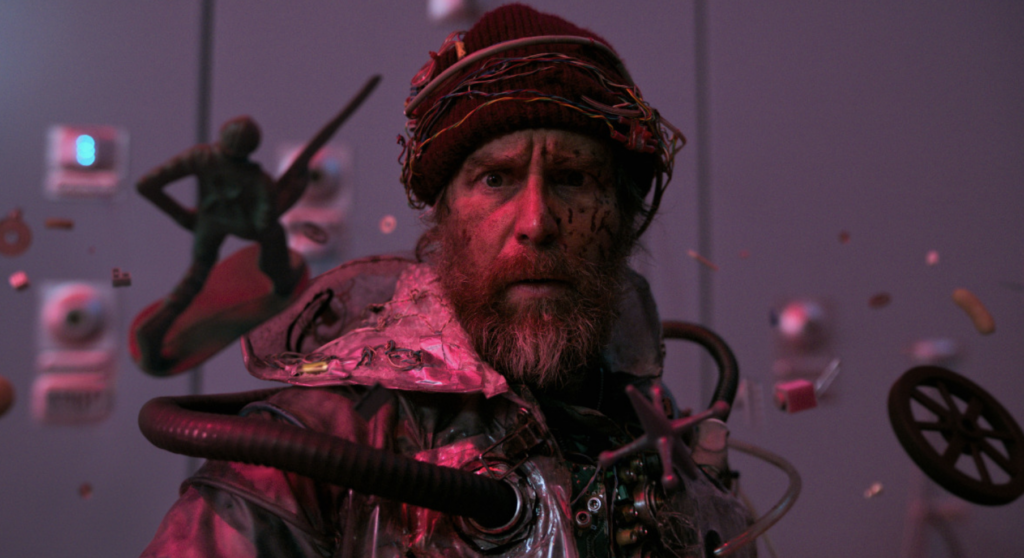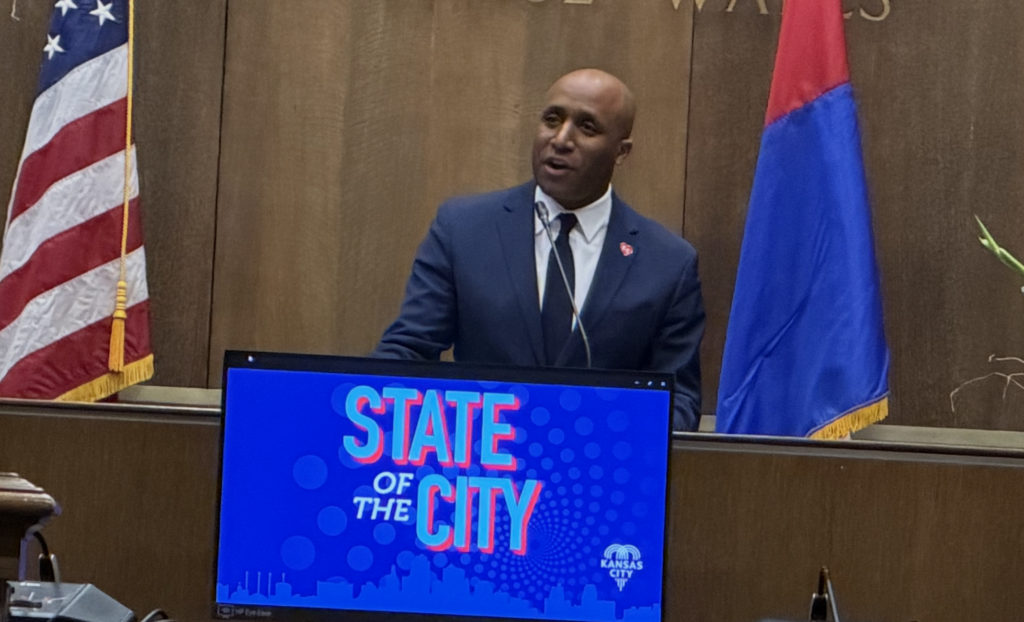No Minors Allowed

If a minor league hockey franchise goes out of business and nobody notices, does it mean we need another one to replace it? The Kansas City Blades ceased operation with a whimper and a shrug on June 4, eleven years after the team first skated into town as a member of the now-disbanded International Hockey League. The silence heard ’round this city over the Blades’ departure spoke volumes.
The Blades, the Attack, the Explorers, the Knights and, yes, even the Wizards — who hate being lumped in with the minor league clubs — must understand what Kansas City has been screaming at them for the past five years: “We don’t want any!”
The news that the Blades had closed up shop was discussed for a few hours one afternoon on WHB 810 and KMBZ 980 sports talk and then forgotten. The Blades worked hard at marketing their product, as has almost every minor league team that has called Kansas City home. But fans who have ready access to Major League Baseball and National Football League teams are difficult to impress.
Bob Kaser, the longtime voice of the Blades who now works for the Grand Rapids (Michigan) Griffins, once explained to me that Kansas City is a town with a hardcore hockey fanbase of 3,000 to 5,000 people. “Kansas City has very few casual hockey fans,” Kaser said. “The reason the Blades’ radio broadcasts don’t do well in the [Arbitron] ratings is because most of the people interested in hockey in this town are usually inside the arena.”
Success on the field, ice and Astroturf hasn’t produced enough of a local following to prevent such franchises as the Comets and Blades from going under. The Attack owns two National Professional Soccer League titles from the ’90s. The Blades captured the Turner Cup in 1992. The Wizards are the defending Major League Soccer champions. It hasn’t mattered.
The Wizards started last season undefeated through their first twelve games and closed by winning the MLS Cup. How has Kansas City responded to the Wizards’ success? The Wizards are last in MLS home attendance — just as they were during the four previous years.
A mere 200 people attended the ABA’s inaugural championship game at Kemper in April. The entire ABA was such a flop in its first season, the league scratched the final month of the season.
Kansas Citians’ apathy toward minor league sports teams is evident to Jim and Carla Page, owners of The Inside Edge, a successful ticket-resale business in Lenexa. Jim has spent the past decade listening to the wants and needs of local sports fans. “The minor league sports teams are a nonfactor for our business,” he says. “The only real purpose the minor league teams serve is for young families who want to go to an affordable sporting event before their kids are old enough to realize that going to a Blades game isn’t cool.”
Kansas City sports fans are spoiled. When you’ve watched Mark McGwire rip a fastball 500 feet or seen Joe Montana up close, you’re less likely to get excited about paying to watch longhaired dudes kick a soccer ball around on bad indoor/outdoor carpeting at Kemper Arena on a Wednesday night. Being spoiled isn’t always a bad thing. Consider our aversion to minor league sports a sign of taste.
“I’m really embarrassed that Kansas City continues to go after minor league teams and is willing to accept second-class status,” says Jim Page. “I’ve got to think that this town could support an NBA or an NHL team. The fact that Kansas City does not support minor league hockey or basketball is no indication of how we would support an NBA or NHL franchise. Nobody gets excited to go to a minor league game compared to how fans support their professional teams.”
Kansas City sports fans no longer follow just to be in a parade. If there is no chance that they’ll see the highlights of their team on SportsCenter, there is little chance that they’ll put down the remote long enough to buy a ticket.




